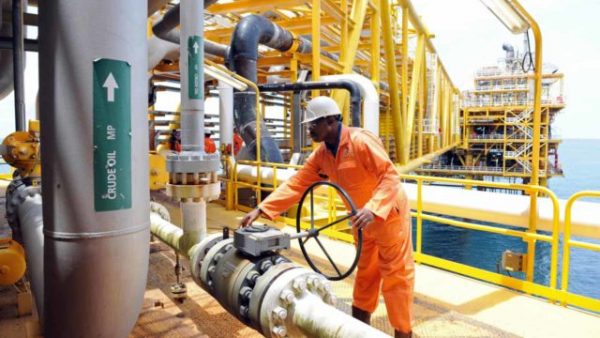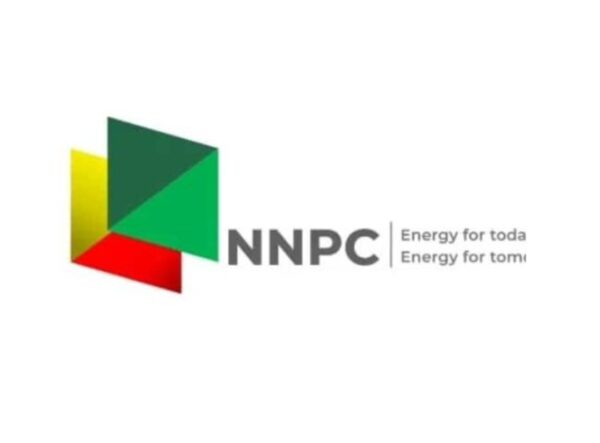Uncertainties, security, price to affect Nigeria’s oil sector

Experts urge politicians to watch comments
The oil and gas sector in Nigeria, particularly upstream, will be affected by policy uncertainties, security, and slump in the price of crude oil, stakeholders have said.
Players in the industry, in an outlook, ahead of the general elections, equally urged politicians to desist from comments that could further reduce investment inflow of into the sector, adding that the non-passage of the Petroleum Industry Governance Bill, would affect the growth in the sector.
The Nigerian National Petroleum Corporation (NNPC), had earlier warned that politicians using the agency to canvas for votes were endangering investment inflows. NNPC spokesman, Ndu Ughamadu, had decried the use of the Corporation as a launch pad for political attacks, describing it as not only a disservice to national interest, but also inimical to the economy.
The Nigerian Natural Resource Charter (NNRC), last month, disclosed that Foreign Direct Investment (FDI) in Nigeria’s oil sector dropped by $17.12 million in the third quarter (Q3) of 2018 from $24.85 million in Q2.Executive Director, Institute for Oil, Gas, Energy, Environment and Suitability (OGEES), Prof. Damilola Olawuyi, predicted an uncertain outlook for Q1 2019, given the triple challenges of policy uncertainties, security challenges, and slump in crude price at the international oil market.
“Election periods in Nigeria are typically associated with heightened uncertainties, which generally impede business decisions and slow down economic productivity. “Prudent investors in the sector will naturally want to act cautiously by consolidating ongoing projects and awaiting post-election signals before embarking on ambitious upstream investments,” he said. Olawuyi however noted that while the uncertainties might stall growth in the sector, but won’t result in major shifts in current investment trends.
Partner, Odujinrin and Adefulu, Adeoye Adefulu, argued that the bulk of investment inflow into the sector will only maintain existing investments, adding that government must take steps to attract new investments.
“Unfortunately, after Egina, there is nothing in the horizon that we expect in the future. We will have investment but the kind of growth we require to achieve economic goals will not come until there is clarity in the sector. That is why the passage of the PIB is very important,” Adefulu noted. He also urged politicians to be mindful of their comments on the sector, adding that some comments are only to canvas for votes not minding the impact.
On his part, Managing Director, International Energy Services Limited, Dr. Diran Fawibe, noted that investors are currently adopting a wait-and-see attitude due to the prevailing investment climate.“There will be slow down in investment. It will be a temporary phenomenon. The key thing is for us to maintain our political stability,” he said.
Calling on political actors to desist from using NNPC and the entire sector in their programme, Fawibe said: “If we say things that will make the international investors lose faith and confidence, it will not end well for us as a nation, particularly our economy.”
Also commenting, Chief Executive Officer, Footprint to Africa, Osita Oparaugo, said until political instability is addressed, investors may no longer come into Nigeria on a long term basis until the elections were over, while the existing ones are pulling out.Oparaugo said: “The body language that comes out of Nigeria every four years before the election is scary. Nigeria lacks stability and investors want their money in a place where they are sure of their investment. They prefer to have 10 per cent return on investment in a place where the situation is not volatile than a place where they get 100 per cent but very volatile.”
Prof. Wunmi Iledare, of the Nigerian Association for Energy Economics (NAEE), said Nigeria’s declining investment passes very negative signal and warning that the worse could be ahead if urgent actions are not taken.“There’s so much uncertainty in terms of the rule of law. The engagement process is not clearly defined. No matter how holistic the geological basin is, government must make effort so that people come to look for it,” he said.
Meanwhile, Global think-tank, Wood Mackenzie noted that volatile oil prices and bearish equity markets would impede growth in the upstream sub-sector.The group’s latest upstream outlook said prevailing development could create a barrier to deal flow by creating uncertainty in upstream merger and acquisition.
Indeed, experts at the research firm noted that the development has resulted in widening the bid-ask spread, altering financial conditions and making companies re-think near-term strategies. According to the experts, Q4 2018 witnessed a dropped in deal count to its lowest level since Q1 2015, with December the slowest month since January 2015.








